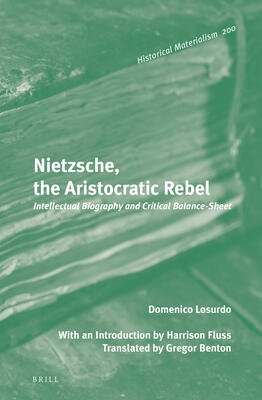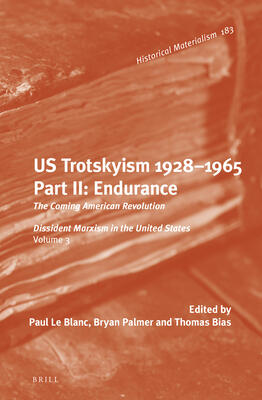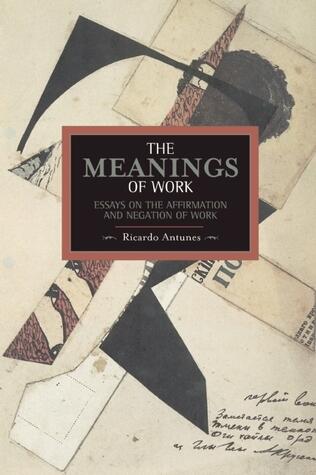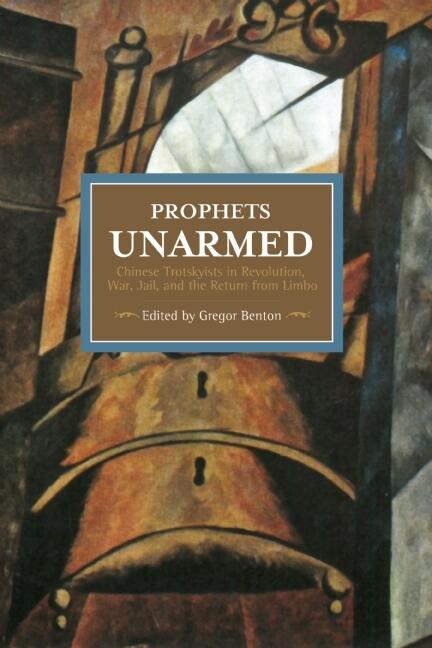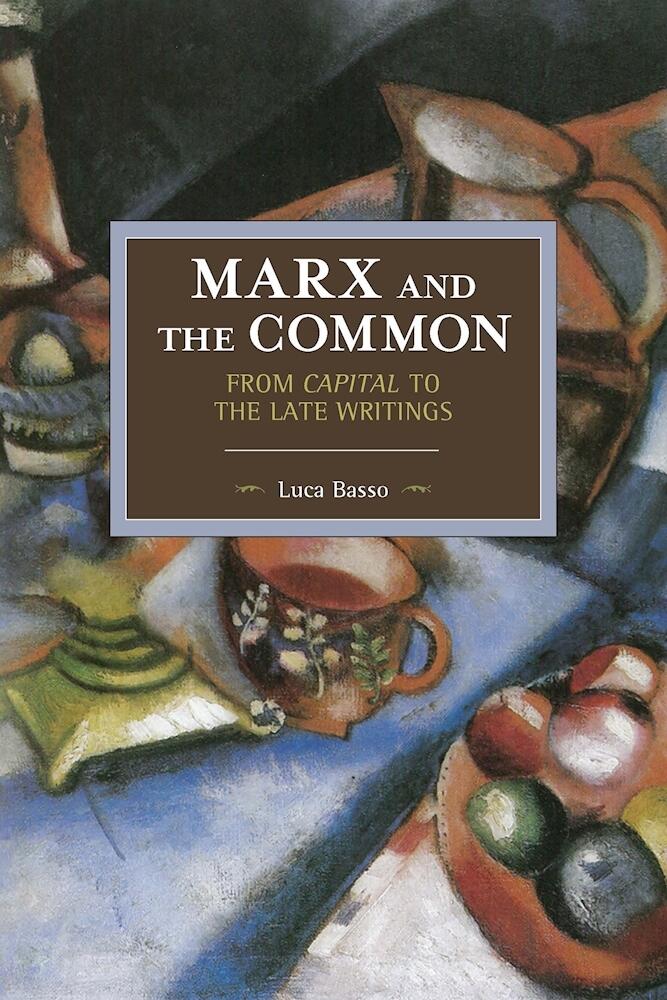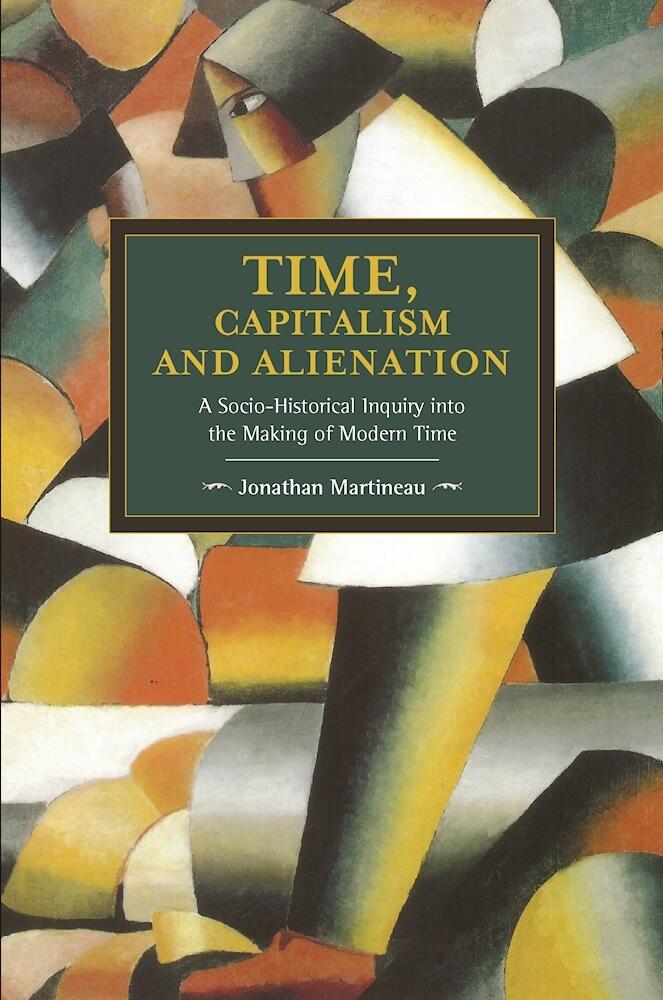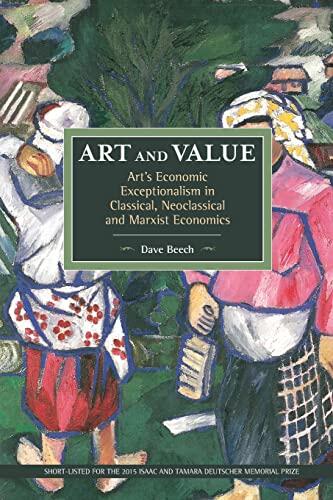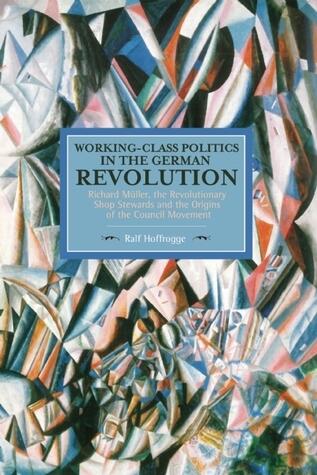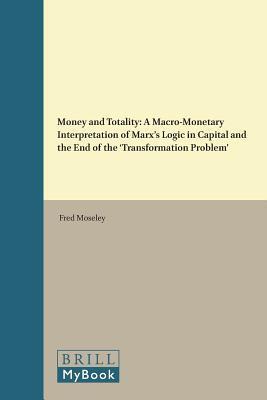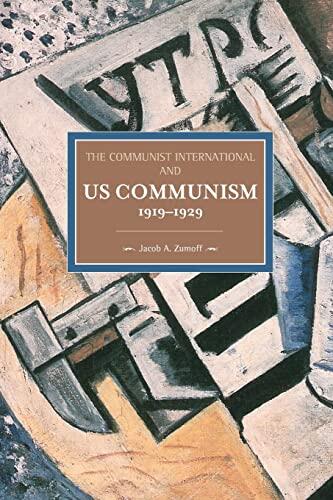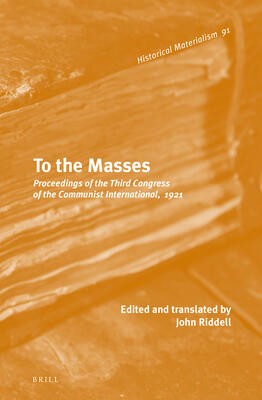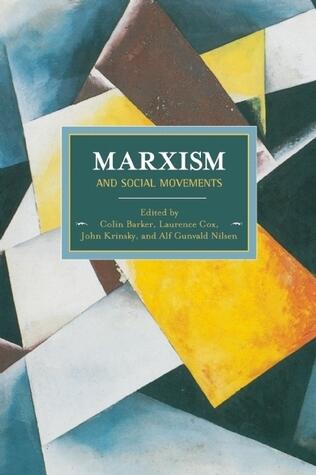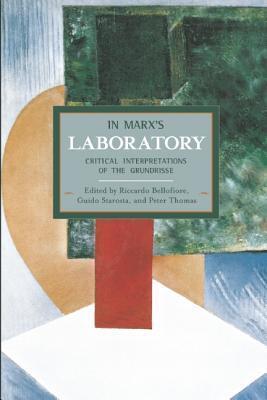
The October Revolution in Prospect and Retrospect: Interventions in Russian and Soviet History
توسط
John Eric Marot
هنوز رتبهبندی نشده است
فرمت
جلد نرم
صفحات
274
زبان
انگلیسی
منتشر شده
Aug 13, 2013
ناشر
Haymarket Books
ISBN-10
1608462765
ISBN-13
9781608462766
توضیحات
John Eric Marot's insightful essays delve into the intricacies of Russian and Soviet history, providing a thorough examination of the October Revolution's implications both at the time of its occurrence and in contemporary analysis. His work draws thoughtfully from Robert Brenner's critique of pre-capitalist modes of production, enabling a comprehensive understanding of the socio-economic context that underpinned the revolution.
Marot's approach is both critical and reflective, inviting readers to reconsider established narratives around one of history's pivotal moments. He intricately weaves together the ideological currents, class struggles, and economic conditions that shaped the environment leading to the upheaval in 1917. This exploration highlights not only the revolutionary fervor but also the subsequent impacts on Soviet society.
Through rigorous analysis, Marot challenges readers to engage with the complexities of historical causation and political theory. His essays encourage a nuanced understanding that transcends simplified interpretations, urging a reconsideration of the broader historical trajectories initiated by the revolution.
Ultimately, Marot's work serves as a vital resource for those seeking to grasp the deep-seated implications of the October Revolution on Russian and Soviet history, illuminating how these events continue to resonate in modern discourse.
Marot's approach is both critical and reflective, inviting readers to reconsider established narratives around one of history's pivotal moments. He intricately weaves together the ideological currents, class struggles, and economic conditions that shaped the environment leading to the upheaval in 1917. This exploration highlights not only the revolutionary fervor but also the subsequent impacts on Soviet society.
Through rigorous analysis, Marot challenges readers to engage with the complexities of historical causation and political theory. His essays encourage a nuanced understanding that transcends simplified interpretations, urging a reconsideration of the broader historical trajectories initiated by the revolution.
Ultimately, Marot's work serves as a vital resource for those seeking to grasp the deep-seated implications of the October Revolution on Russian and Soviet history, illuminating how these events continue to resonate in modern discourse.
نقدها
هنوز نظری ثبت نشده است
اولین نفری باشید که این کتاب را نقد کرده و نظرات خود را به اشتراک میگذارید
اولین نقد را اضافه کنیدسابقه خواندن
گزارشهای خواندنی یافت نشد
برای مشاهده گزارشها در اینجا، شروع به ردیابی پیشرفت خواندن خود کنید
اضافه کردن اولین سابقه خواندن شمایادداشتها
گزارش تراکنشها
هیچ گزارش تراکنشی یافت نشد
برای مشاهده گزارشها در اینجا، شروع به ردیابی معاملات کتاب خود کنید
اضافه کردن اولین سابقه تراکنش شما

